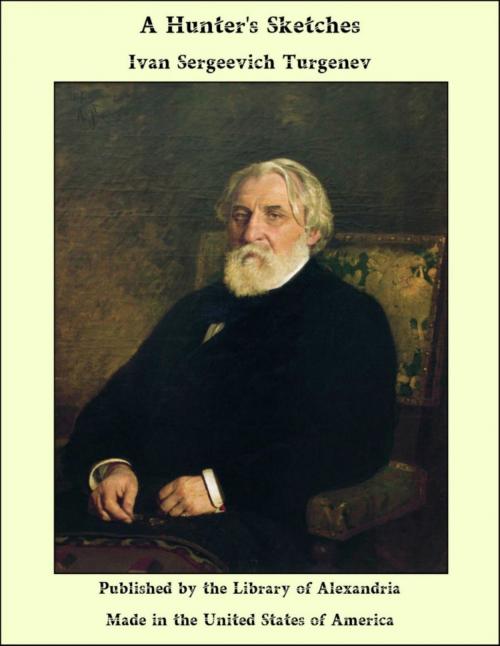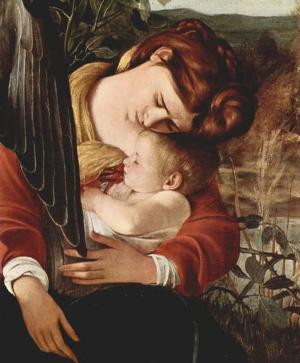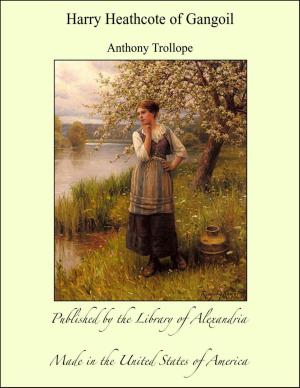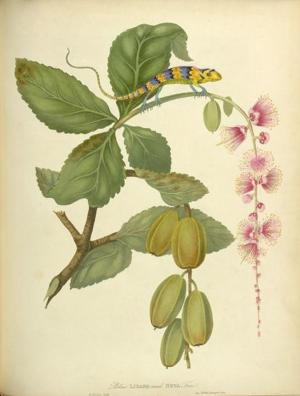| Author: | Ivan Sergeevich Turgenev | ISBN: | 9781465589613 |
| Publisher: | Library of Alexandria | Publication: | March 8, 2015 |
| Imprint: | Language: | English |
| Author: | Ivan Sergeevich Turgenev |
| ISBN: | 9781465589613 |
| Publisher: | Library of Alexandria |
| Publication: | March 8, 2015 |
| Imprint: | |
| Language: | English |
ANYONE who has chanced to pass from Bolkhov District into Zhizdra District must have been impressed by the striking difference between the race of people in the province of Orel and the population of the province of Kaluga. The peasant of Orel is not tall, is bent in figure, sullen and suspicious in his looks; he lives in wretched little hovels of aspen-wood, labours as a serf in the fields, and engages in no kind of trading, is miserably fed, and wears bast shoes. The rent-paying peasant of Kaluga lives in roomy huts of pine-wood; he is tall, bold, and cheerful in his looks, neat and clean of countenance; he carries on a trade in butter and tar, and on holidays he wears high-boots. The village of the Orel province (we are speaking now of the eastern part of the province) is usually situated in the midst of ploughed fields, near a ravine which has been converted into a filthy pool. Except for a few of the ever-accommodating willows and two or three gaunt birch-trees, you do not see a tree for a mile round; hut is huddled up against hut, their roofs crudely thatched with rotting straw… . The villages of Kaluga, on the contrary, are generally surrounded by forest; the huts stand more freely, are more upright, and have boarded roofs; the gates fasten closely, the hedge is not broken down nor trailing about; there are no gaps to invite the visits of the passing pig… . And things are much better in the Kaluga province for the hunter. In the Orel province the last of the woods and copses will have disappeared five years hence, and there is no trace of moorland left; in Kaluga, on the contrary, the moors extend over tens, the forest over hundreds of miles, and that splendid bird, the grouse, is still extant there; there is an abundance of the friendly great snipe, and the loud-clapping partridge cheers and startles the sportsman and his dog by its abrupt upward flight.
ANYONE who has chanced to pass from Bolkhov District into Zhizdra District must have been impressed by the striking difference between the race of people in the province of Orel and the population of the province of Kaluga. The peasant of Orel is not tall, is bent in figure, sullen and suspicious in his looks; he lives in wretched little hovels of aspen-wood, labours as a serf in the fields, and engages in no kind of trading, is miserably fed, and wears bast shoes. The rent-paying peasant of Kaluga lives in roomy huts of pine-wood; he is tall, bold, and cheerful in his looks, neat and clean of countenance; he carries on a trade in butter and tar, and on holidays he wears high-boots. The village of the Orel province (we are speaking now of the eastern part of the province) is usually situated in the midst of ploughed fields, near a ravine which has been converted into a filthy pool. Except for a few of the ever-accommodating willows and two or three gaunt birch-trees, you do not see a tree for a mile round; hut is huddled up against hut, their roofs crudely thatched with rotting straw… . The villages of Kaluga, on the contrary, are generally surrounded by forest; the huts stand more freely, are more upright, and have boarded roofs; the gates fasten closely, the hedge is not broken down nor trailing about; there are no gaps to invite the visits of the passing pig… . And things are much better in the Kaluga province for the hunter. In the Orel province the last of the woods and copses will have disappeared five years hence, and there is no trace of moorland left; in Kaluga, on the contrary, the moors extend over tens, the forest over hundreds of miles, and that splendid bird, the grouse, is still extant there; there is an abundance of the friendly great snipe, and the loud-clapping partridge cheers and startles the sportsman and his dog by its abrupt upward flight.















